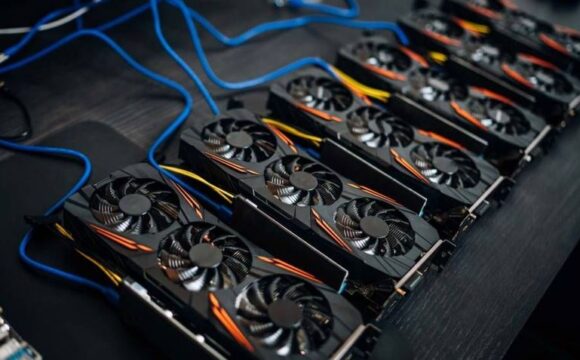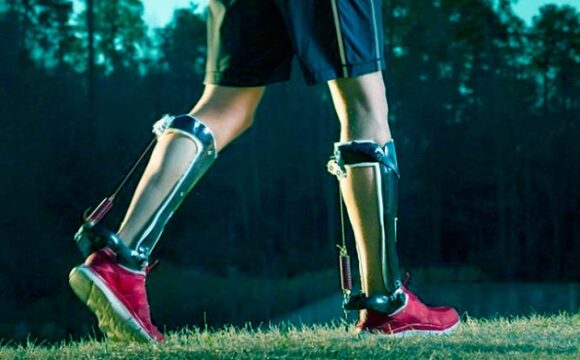Quarantine measures help slow the spread of coronavirus infection, but in order to stop the epidemic, it is very important to identify new cases and isolate those who have been in contact with the infected. As the head of the World Health Organization, Dr. Tedros Geybreyesus, emphasized, “you don’t have to wait for a vaccine to save lives.” Meanwhile, WHO officials today welcomed the announcement of successful trials of the COVID-19 vaccine.
COVID-19 Vaccine: Successful Trials
The scientific evidence for the successful completion of the first phase of a vaccine trial is published in the latest issue of the respected scientific journal The Lancet. Scientists report that, according to the results of the first phase of clinical trials, which involved more than a thousand people aged 18 to 55 years, the candidate vaccine does not cause serious side effects and leads to the formation of virus neutralizing antibodies and T cells that provide immune response to coronavirus. Re-administration of the vaccine further enhances this effect.
Dr Michael Ryan, Director of Emergencies at WHO, congratulated British scientists on the success. He said there are 23 more “budding vaccine candidates” in development, and the results of two studies, including the brainchild of scientists at Oxford University, have already been published in scientific journals. Dr. Ryan warned that this is only the first phase of testing, there is still a long way to go. “However, this is very good news,” he stressed.
Tracking everyone who came into contact with the infected
The head of WHO, Dr. Tedros Geybreyesus, noted that one of the most important tools in the fight against the pandemic remains the isolation of all who have come into contact with the infected. “This is important for every country, in every situation,” emphasized Dr. Tedros. “This helps prevent localized outbreaks before they start to grow.” Even countries where coronavirus infection has already spread widely can succeed in containing the epidemic, he said, if they manage to “break” it into separate outbreaks and extinguish each of them separately.
“By quickly responding to new cases and outbreaks, countries will be able to recover their economies and at the same time contain the spread of the virus,” added the head of WHO. He warned that contact tracing is a very important tool, but not the only one: comprehensive measures must be taken.
At the same time, according to him, to identify the infected and those with whom they were in contact, perhaps even in the most difficult conditions. He cited as an example the successful fight against Ebola in the Democratic Republic of the Congo, where armed conflict continues. There are no hopeless situations, Dr. Tedros is convinced. “We should try to speed up the development of vaccines, but at the same time use whatever means we can [to stop the infection],” he said.
Indigenous people suffer more than other populations
During a press conference on Monday, the head of WHO also expressed concern about the rapid spread of COVID-19 among indigenous peoples, in particular in Latin America, which continues to be one of the main epicenters of the pandemic. As of early July, about 70,000 indigenous people were infected there and 2,000 died from the disease. WHO is working with local authorities to protect this population from infection.













Leave a Reply
You must be logged in to post a comment.